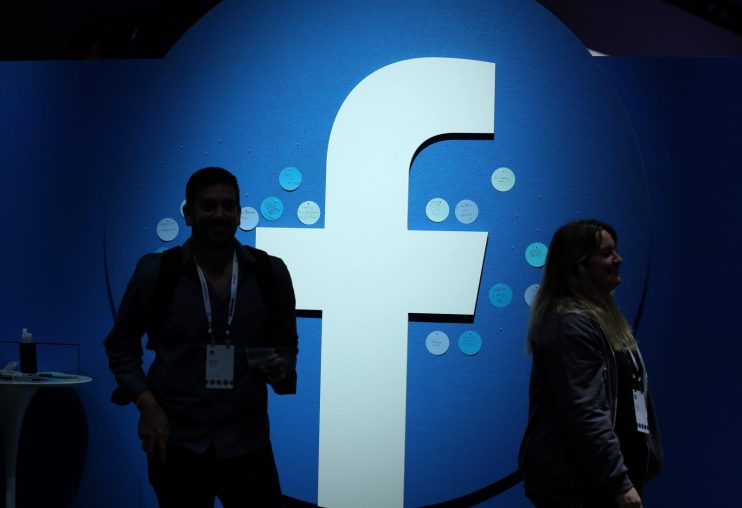Facebook facing multiple lawsuits that could splinter the tech firm and render acquisitions illegal

The US Federal Trade Commission (FTC) and nearly every US state have sued Facebook today, saying that it broke antitrust law and should potentially be broken up.
In its complaint, the coalition of 46 states, Washington, D.C. and Guam also asked for Facebook’s acquisitions of Instagram and WhatsApp to be judged to be illegal.
The FTC said in a statement that it would seek an injunction that “could, among other things: require divestitures of assets, including Instagram and WhatsApp.”
Ian Conner, director of the FTC’s Bureau of Competition said: “Personal social networking is central to the lives of millions of Americans. Facebook’s actions to entrench and maintain its monopoly deny consumers the benefits of competition. Our aim is to roll back Facebook’s anticompetitive conduct and restore competition so that innovation and free competition can thrive.”
In a statement posted to Twitter, Facebook said: “We’re reviewing the complaints & will have more to say soon.
“Years after the FTC cleared our acquisitions, the government now wants a do-over with no regard for the impact that precedent would have on the broader business community or the people who choose our products every day.”
According to the FTC’s complaint, Facebook targeted potential competitive threats to its dominance. Instagram emerged when users of personal social networking services were migrating from desktop computers to smartphones, and when consumers were increasingly embracing photo-sharing. The complaint alleges that Facebook executives, including CEO Mark Zuckerberg, recognised that Instagram was an existential threat to Facebook, and ultimately chose to buy Instagram, rather than compete with it.
The complaint also alleges that, by 2012, WhatsApp had emerged as the clear global “category leader” in mobile messaging. Again, according to the complaint, Facebook chose to buy an emerging threat rather than compete.
Biggest antitrust case in a generation
The U.S. Justice Department also sued Alphabet’s Google in October, accusing the $1tn company of using its market power to fend off rivals.
The lawsuits are the biggest antitrust cases in a generation, comparable to the lawsuit against Microsoft in 1998.
The federal government eventually settled the Microsoft case, but the years-long court battle and extended antitrust scrutiny prevented the company from thwarting competitors, and is credited with clearing the way for the explosive growth of the internet.
Facebook shares fell as much as 3 per cent after the news before paring losses and were last down 2 per cent.
Just yesterday the UK’s competition regulator, the Competition and Markets Authority (CMA), set out a new pro-competition regime for digital markets that will affect Google and Facebook.
Technology companies with ‘strategic market status’, such as Google and Facebook, will be legally bound by a code of conduct overseen by a ‘digital markets unit’, which will govern how they do business and treat their users.
CMA boss Andrea Coscelli said: “Competitors should face a level playing field – enabling them to deliver more of the innovative products and services we value so highly.”